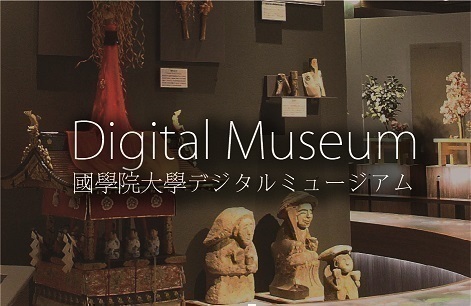- トップ
- Encyclopedia of Shinto
- Furyū
Encyclopedia of Shinto
| Main Menu: | |
| Links: |
詳細表示 (Complete Article)
| カテゴリー1: | 5. Rites and Festivals |
|---|---|
| カテゴリー2: | Performing Arts |
| Title | Furyū |
| Text | Refers to beautiful and highly decorated structures (tsukurimono) and floats (nerimono) used in festivals, and also to the dances and music (hayashi) presented by costumed performers at festivals. The word furyū originally meant tradition (ifū) and nostalgia (yo-in) in China. In Japan, the word was used in the Man'yōshū to express the concept elegance (miyabi), but its pronunciation would be compressed to furyū in the medieval period and it would take on a wider range of meanings. At the end of the Heian period during such events as ekijinsai (a festival to ward off plague by entertaining the associated deity) and the Grand Dengaku of 1096, processions of people carrying furyū umbrellas and wearing colorful garments paraded through the capital. This became associated with extravagant fashionableness, and they were often banned. The floats (see dashi) and tower structures (see yamahoko) of the Gion Festival are particularly famous examples of tsukurimono associated with festivals. Dance with costumed performers were called furyū odori, and as time went by the word furyū came to refer mainly to the dance itself. The pattern spread to local folk customs and various sorts of furyū odori including bon-odori, among others, took root. They are still practiced today in such forms as shishimai, taiko-odori, and ko-uta odori. Called fūryū (written 浮立) in some areas, these observances are conducted with processions of people dancing and winding their way through the streets. A folk tradition has also been handed down of writing furyū with the characters for "falling rain" to indicate a kind of dance offered as a kind of amagoi (a prayer for rain). Furthermore, furyū is also the name for certain types of drama, such as the En-nen furyū—itself composed of the daifuryū and shōfuryū—and kyōgen furyū. Yet again, kabuki also emerged from the nenbutsu furyū. — Yonei Teruyoshi |




